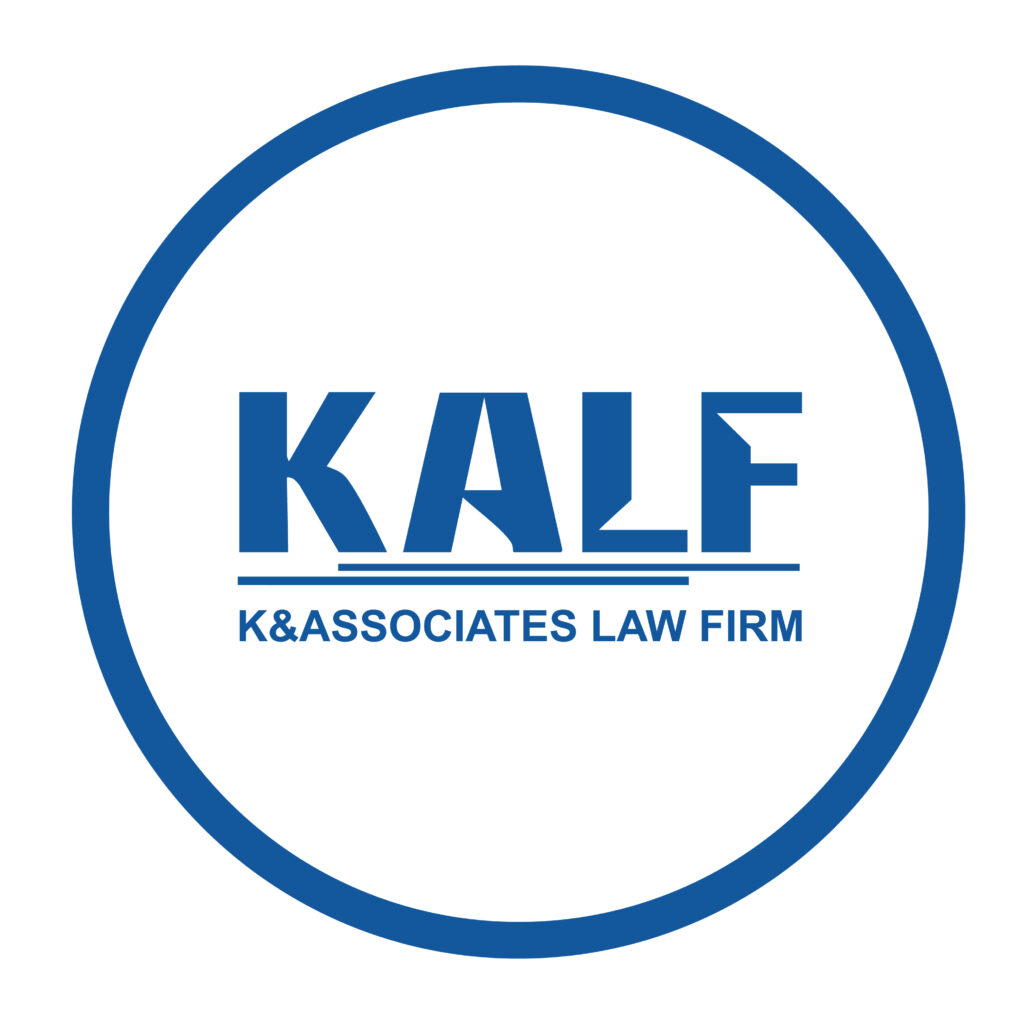-
Transactions with shareholders, business managers and related persons
A public company may not provide loans or guarantees to shareholders who are individuals and related persons of such shareholders who are individuals, unless the public company is a credit institution.
A public company may not provide loans or guarantees to institutional shareholders and their related persons being individuals, except in the following cases:
- Public companies are credit institutions;
- Shareholders are subsidiaries in case subsidiaries are companies without shares or state contributed capital and have made capital contribution or share purchase of public companies before July 1, 2015 as prescribed in Clause 6 Article 16 of the Government’s Decree No. 96/2015/ND-CP dated October 19, 2015 detailing a number of articles of the Law on Enterprises.
- Public companies and organizations that are related persons of shareholders are companies in the same group or companies operating in a group of companies, including parent companies – subsidiaries, economic groups and this transaction must be approved by the General Meeting of Shareholders or the Board of Directors in accordance with the provisions of the company’s charter;
- Where otherwise provided for by law.
-
Prohibited transactions
According to the provisions of Decree No. 71/2017/ND-CP, except for transactions approved by the General Meeting of Shareholders, a public company may not conduct the following transactions:
– Grant loans or guarantees to members of the Board of Directors, Controllers, Directors (General Directors), other managers and related individuals and organizations of these entities, except for the case of public companies and organizations related to shareholders who are companies in the same group or companies operating in a group of companies, including parent companies – subsidiaries, economic groups and specialized laws with other provisions.
– The transaction results in a total transaction value of 35% or more of the total value of assets stated in the most recent financial statement between the public company and one of the following entities:
- Members of the Board of Directors, Controllers, Directors (General Directors), other managers and related persons of these subjects.
- Shareholders, authorized representatives of shareholders owning more than 10% of the total ordinary share capital of the company and their related persons;
- Enterprises related to the subjects specified in Clause 2, Article 159 of the Law on Enterprises.
- The Board of Directors approves contracts and transactions at Point b, Clause 4 of this Article with a value of less than 35% of the total value of assets stated in the most recent financial statements or another percentage smaller than specified in the company’s charterfor the above three subjects.
In addition, Decree No. 71/2017/ND-CP also stipulates ensuring the legal rights of persons with interests related to the company. Accordingly, a public company must fulfill its responsibilities to the community and people with interests related to the company in accordance with current laws and the company’s charter. Public companies must comply with labor, environmental and social legal regulations.
-
Control transactions, purchases, prices, goods and services
When conducting transactions with related persons, a public company must enter into a written contract on the principle of equality and voluntariness.
A public company takes necessary measures to prevent related persons from interfering in the company’s operations and harming the company’s interests through controlling the company’s transactions, purchases, and prices of goods and services.
A public company takes necessary measures to prevent shareholders and related persons from conducting transactions that cause loss of capital, assets or other resources of the company.
-
Avoid conflicts of interest of business managers
The Government’s Decree No. 71/2017/ND-CP clearly stipulates the responsibility to be honest and avoid conflicts of interests of enterprise managers.
Accordingly, members of the Board of Directors, Controllers, Director (General Director) and other managers must disclose relevant benefits in accordance with the Law on enterprises and relevant legal documents.
Members of the Board of Directors, Controllers, Directors (General Directors), other managers and related persons of these members may not use the information obtained through their positions for personal gain or to serve the interests of other organizations or individuals.
Members of the Board of Directors, Controllers, Directors (General Directors) and other managers are obliged to notify the Board of Directors and the Supervisory Board of transactions between companies, subsidiaries and companies controlled by a public company with more than 50% or more of charter capital with that member himself or with related persons of the member that is required by law.
For transactions of the above-mentioned subjects approved by the General Meeting of Shareholders or the Board of Directors, a public company must disclose information on these resolutions in accordance with the securities law on information disclosure.
In addition, a member of the Board of Directors may not vote on a transaction that benefits that member or its related persons in accordance with the Law on Enterprises and the company’s charter.
Members of the Board of Directors, Controllers, Directors (General Directors), other managers and related persons of these members may not use information that has not been authorized to be published by the company or disclosed to others to carry out related transactions.
The above is the content of KALF’s advice on Transactions with related parties in public companies and related issues. All of our above advice opinions are based on applicable legal provisions. If you have any questions or requests about legal issues, please contact us for timely answers.




